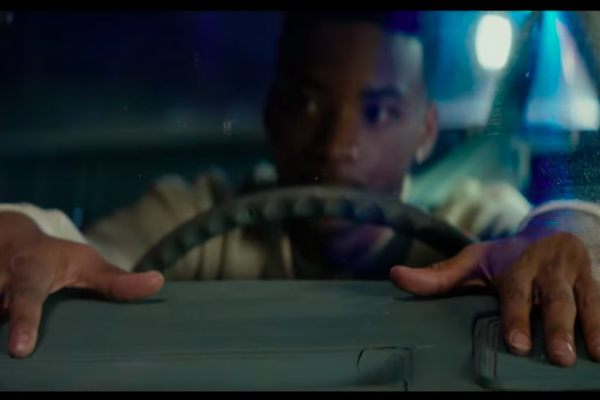Oct 15, 2018
For these characters, and for many black people in America, this is the way life is. Thomas’ novel won a plethora of praise and awards after its 2017 release for combining the social realities of life as a young black woman in contemporary America with a heartfelt coming-of-age narrative that resonated with a diverse array of readers. George Tillman Jr.’s film adaptation of the book, out now, admirably walks that same line. From every aspect, the film shows great respect for its source material, with an excellent script and stunning cast who clearly care about the story they’re telling.
Read the Full Article

Already a subscriber? Login
